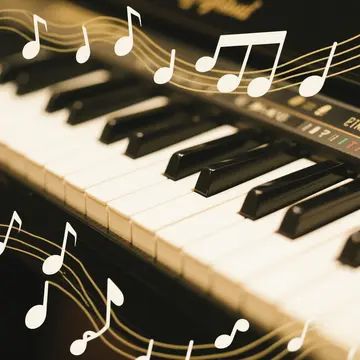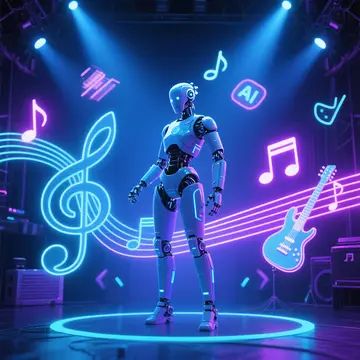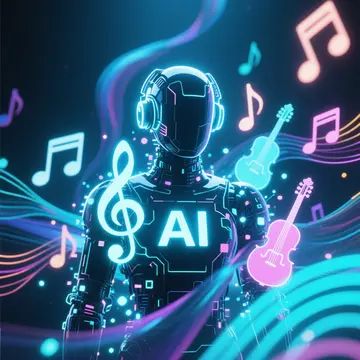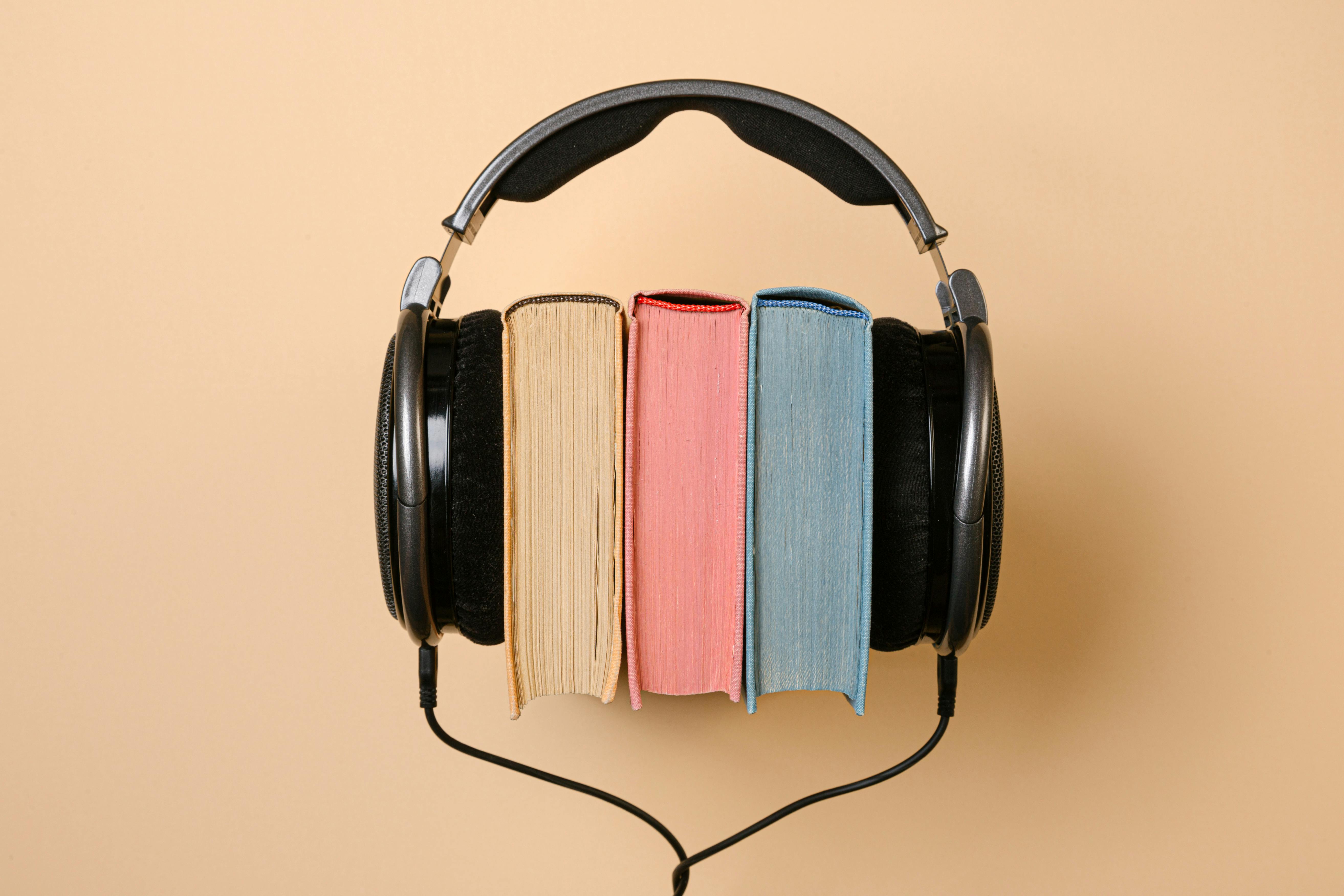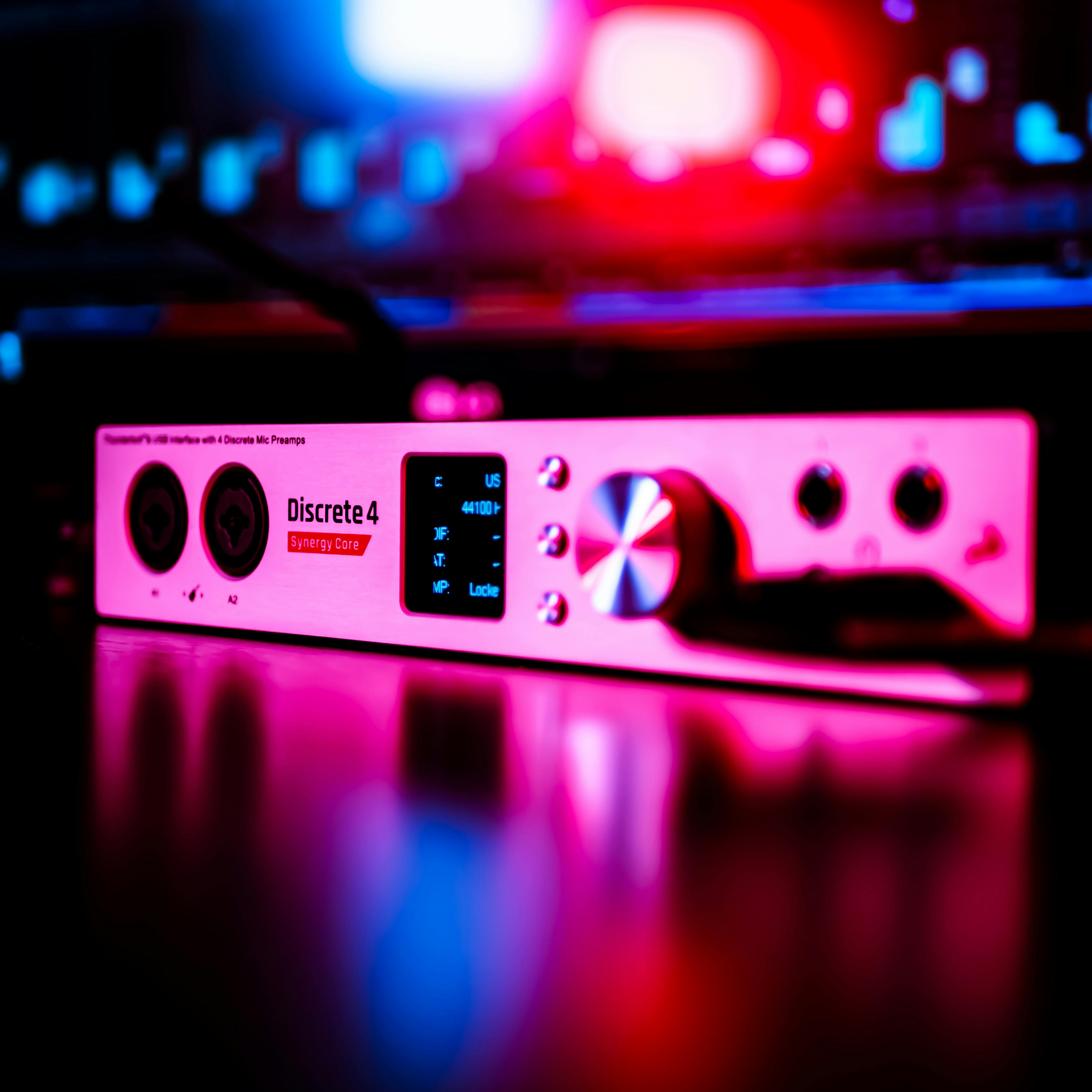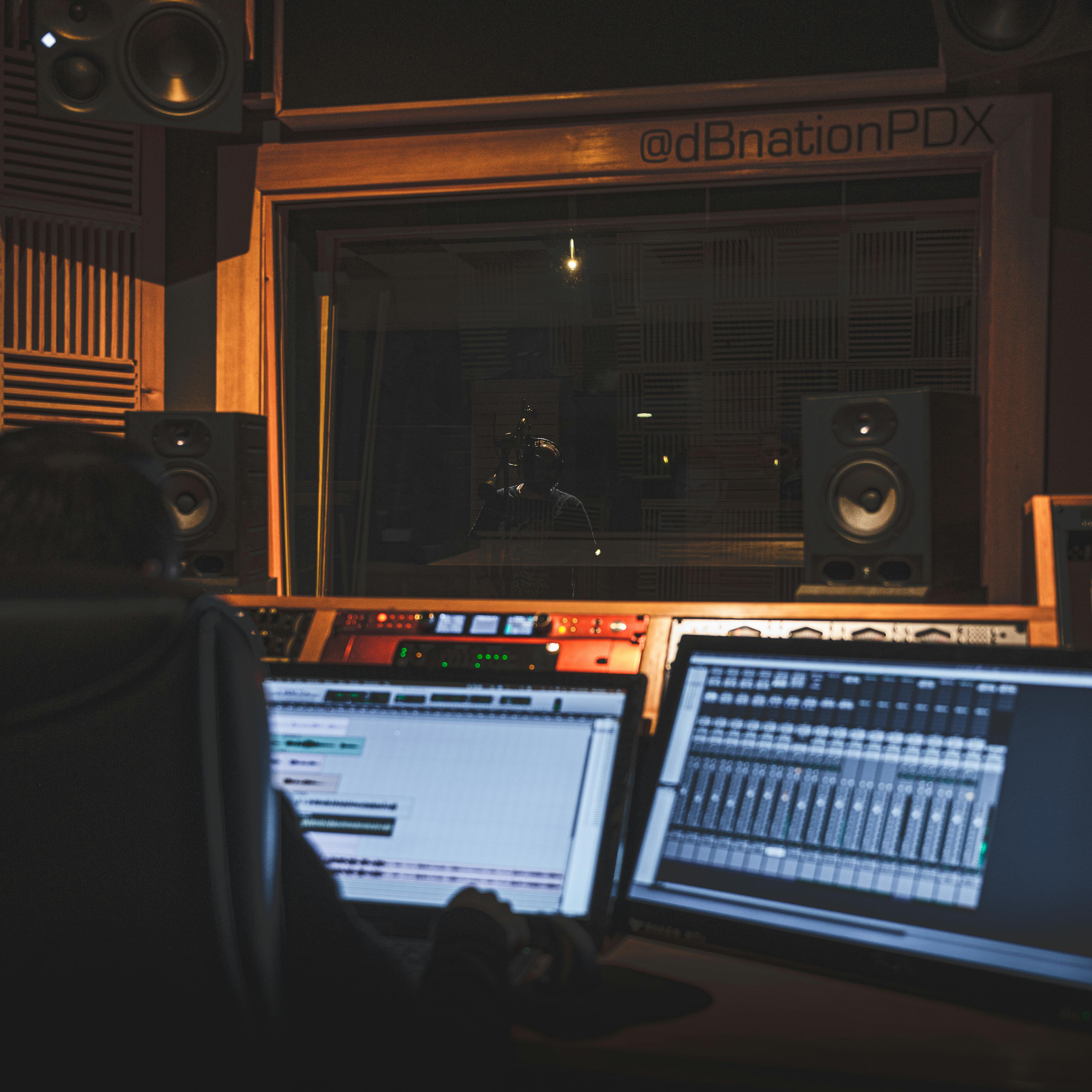Introduction
As AI music generators like Suno, Udio, and Boomy become more advanced, a critical question arises: Can AI-generated music be copyrighted? The answer isn't straightforward, as copyright laws worldwide struggle to keep pace with AI innovation.
This guide breaks down the current legal landscape, explains who owns AI-created music, and provides key protection tips for creators and rights holders.

1. The Legal Status of AI-Generated Music
Current Copyright Laws on AI Music
U.S. Copyright Office (2023): AI-generated works cannot be copyrighted unless there's "substantial human involvement" in the creative process.
EU AI Act (2024): Requires AI-generated content to be labeled, but copyright eligibility remains unclear.
UK & Japan: More permissive—AI works may qualify for copyright if they show originality.
Key Court Rulings
? Thaler v. U.S. Copyright Office (2023) – Confirmed AI works without human input cannot be copyrighted.
? EU’s Draft AI Directive (2024) – Proposes compensation for copyrighted material used in AI training.
2. Who Owns AI-Created Music?
Possible Ownership Scenarios
| Scenario | Likely Owner |
|---|---|
| Pure AI generation (no human edits) | No copyright (public domain) |
| AI-assisted music (human adjustments) | Human creator (if modifications are significant) |
| AI trained on copyrighted data | Original copyright holders (potential infringement risk) |
Industry Practices
Record Labels: Require human authorship for copyright claims.
Streaming Platforms: May reject purely AI-generated tracks for monetization.
3. How to Protect AI-Assisted Music
For Composers & Producers
? Add Original Human Creativity – Modify melodies, lyrics, or arrangements to qualify for copyright.
? Use Ethical AI Tools – Choose platforms with licensed training data (e.g., Soundful, Boomy Pro).
? Register Your Work – File with the U.S. Copyright Office or local authorities.
For Record Labels & Publishers
? Audit AI Training Data – Ensure no unauthorized copyrighted material was used.
? Update Contracts – Specify ownership of AI-assisted works in artist agreements.
For Platforms & Distributors
? Implement AI Disclosure Policies – Require creators to label AI-generated content.
? Enhance Detection Systems – Use tools like Audible Magic to scan for infringing AI music.
4. Future of AI Music Copyright
Upcoming Legal Changes
NO FAKES Act (2024, U.S.) – Bans unauthorized AI voice clones.
EU AI Act Enforcement – Stricter rules on AI training data transparency.
Predicted Trends
"Human-AI Collaboration" Copyrights – New categories for partially AI-made music.
Micro-Licensing for AI Training – Compensation systems for copyrighted data usage.
Conclusion: Navigating AI Music Legally
While pure AI-generated music currently can’t be copyrighted, human-augmented works may qualify. To protect your rights:
Ensure human creative input in AI-assisted tracks.
Use licensed AI tools to avoid infringement risks.
Stay updated on laws as regulations evolve.
Need legal guidance? Consult an entertainment lawyer before releasing AI-generated music.

